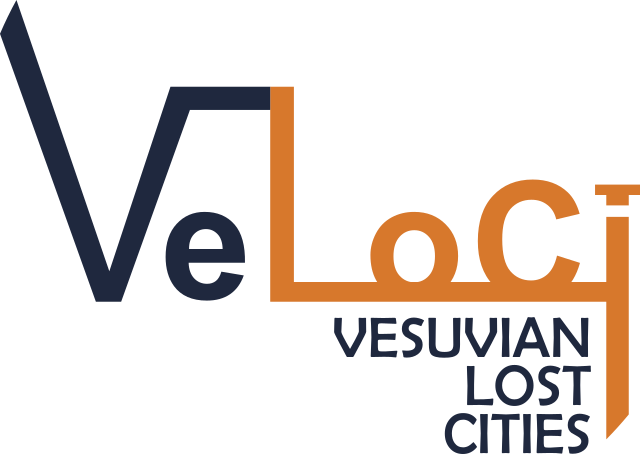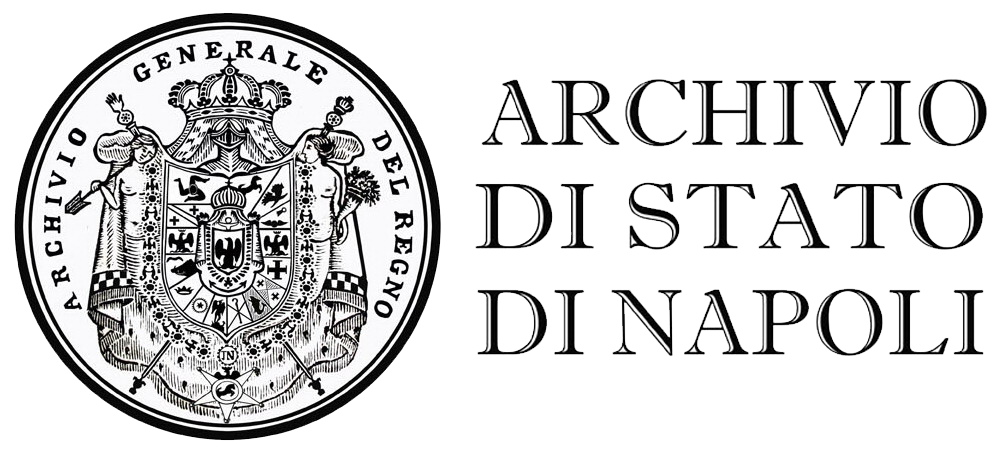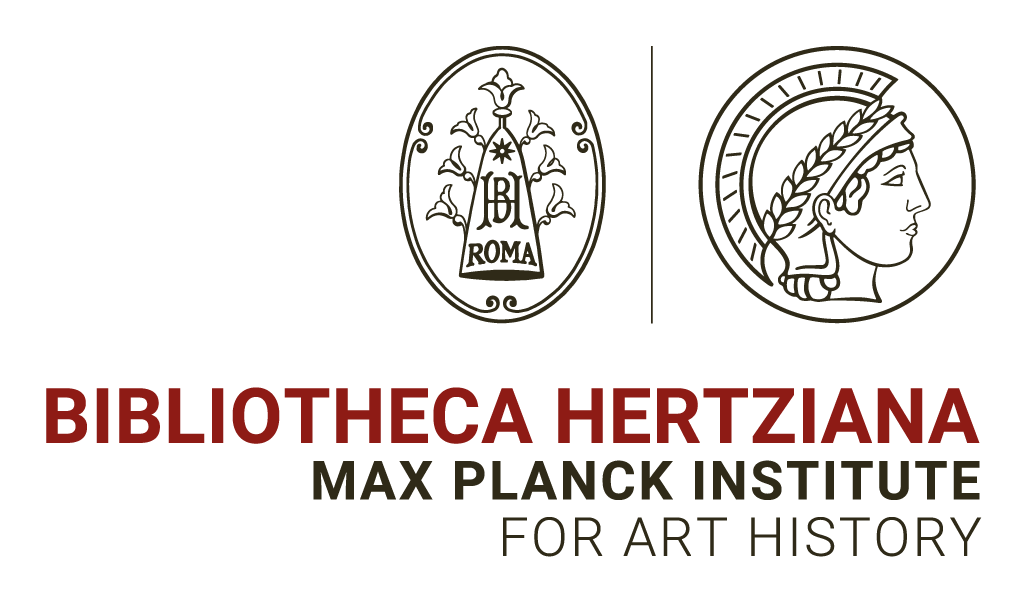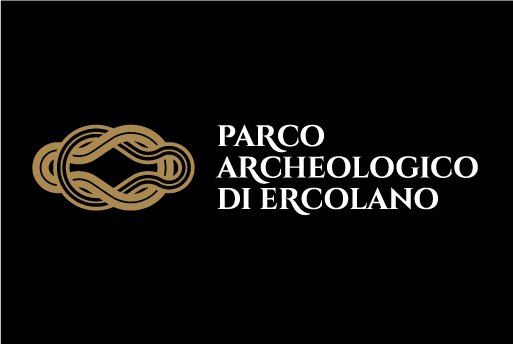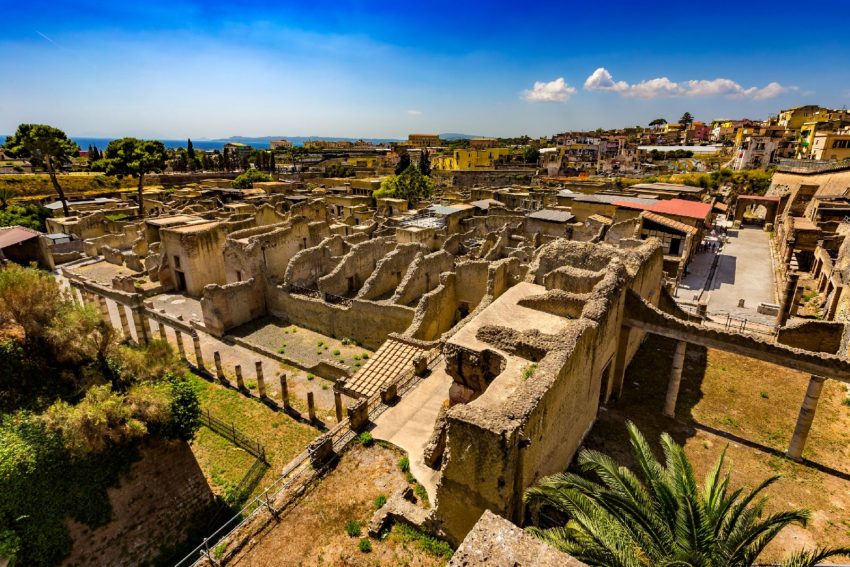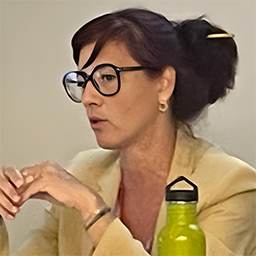
Giulia Ceriani Sebregondi
Giulia Ceriani Sebregondi is an architect and architectural historian. Since 2018 she has joined the Department of Architecture and Industrial Design at the University of Campania "Luigi Vanvitelli", where she is currently Associate Professor. She is a specialist in Italian Early Modern Architecture, with particular consideration of the materiality of architecture (technical and practical aspects of the design and the building process). She has published her research in volumes and specialized journals and has participated in and organized national and international conferences. Previously, for several years she as served as an Official Architect at the Ministry of Culture.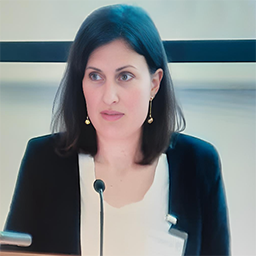
Francesca Mattei
Francesca Mattei, architect and architectural historian, is an associate professor of History of Architecture at the Department of Architecture, University of Roma Tre. Her research interests focus on the History of early modern architecture and lie at the intersection of the material analysis of the heritage, the study of the dynamics of patronage, and the interpretation of the phenomena of cultural mobility and collecting. Frequent topics include the relationship between architecture and literary culture; architectural treatises and drawings; the reception of antiquity in the sixteenth century; and the fortunes of the Renaissance in the nineteenth century.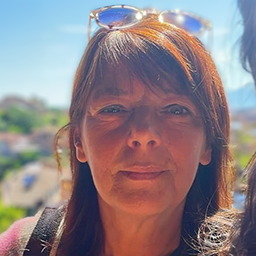
Danila Jacazzi
Danila Jacazzi is a full professor of Architectural History at the Department of Architecture and Industrial Design at the University of Campania "Luigi Vanvitelli". Jacazzi is an art historian with profound expertise in early modern Campania territory, art and architecture. She has extensively published on the Terra di Lavoro area, Luigi Vanvitelli, Pompeii, and the architectural connections of the Regno di Napoli with the Mediterranean basin and with Central America.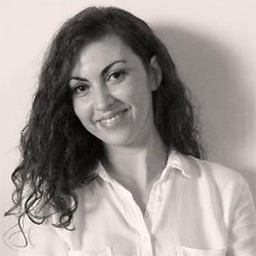
Giorgia Aureli
Giorgia Aureli is an architect and PhD in Architectural history (Sapienza University of Rome). She was a lecturer at Sapienza and held a research fellowship at Roma Tre University, where she currently collaborates on teaching activities. Her research interests focus on architecture and urban and landscape contexts from the early modern period to the contemporary era, with a special consideration of the Urbino and Roman areas. For the early modern period, her study topics, as evidenced by her participation in conferences and publications, include direct analysis of architectural characteristics, the study of commissions and transformative construction events, investigation into the masters and artists, and analysis of continuity with antiquity, also referencing architectural treatises.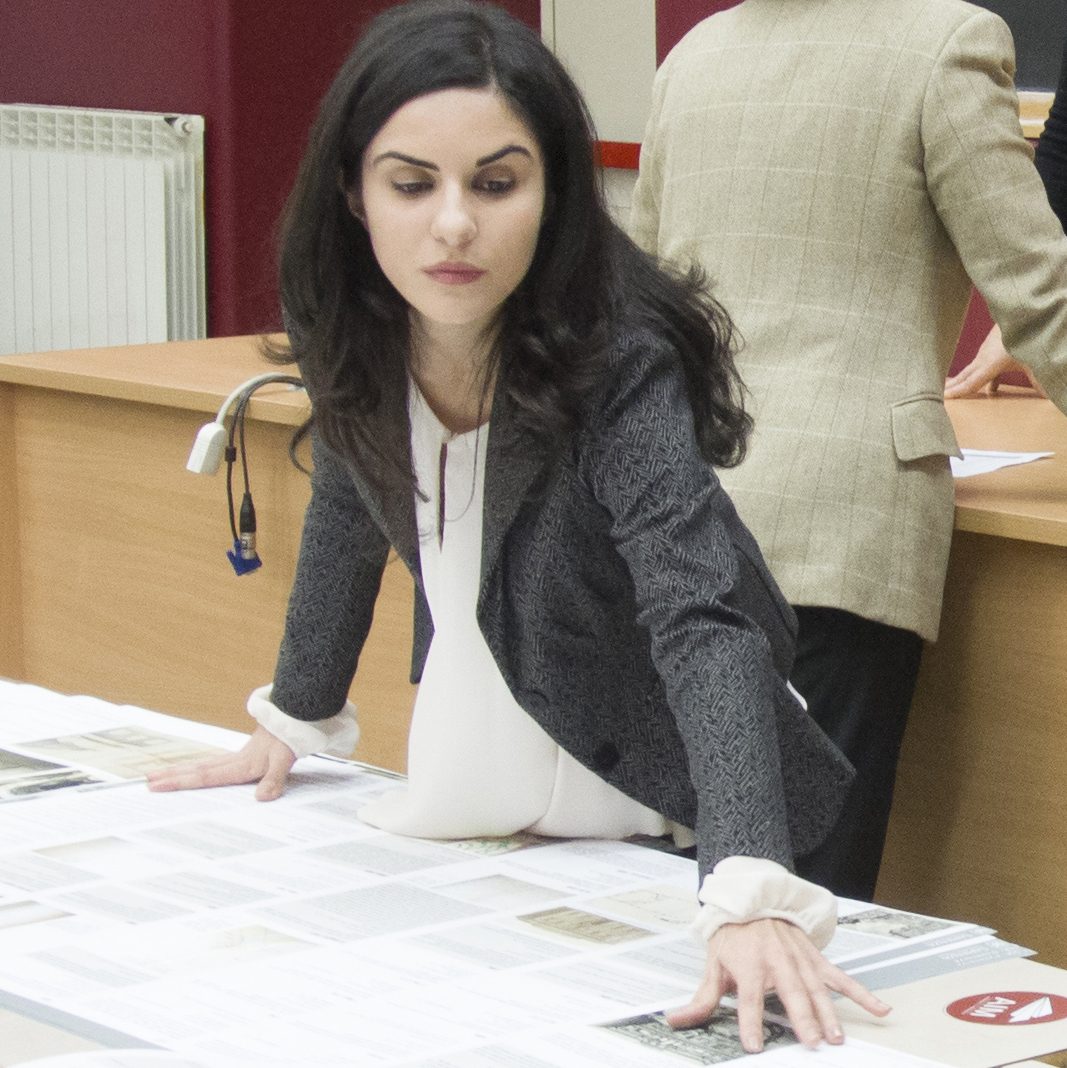
Giorgia Pietropaolo
Giorgia Pietropaolo is an architect and PhD in History of Architecture (Sapienza University of Rome). Her research interests focus on early modern architecture, particularly of the Roman and Latium area. She works on a broad range of topics, from residential to landscape and historical gardens’ architecture, from urban history to the reception of antiquity. Other research interests include archaeology and architectural conservation. On these topics, she has participated in conferences and scientific publications. She also collaborated with the Italian Ministry of Culture and was part of several research groups.Collaborators
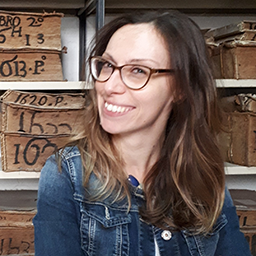
Milena Viceconte
Milena Viceconte is a Lecturer in Art History at the Universitat de Lleida (Spain). In 2013 she received her joint PhD degree at the Università di Napoli Federico II and the Universitat de Barcelona. She has collaborated in several research groups, including the ERC project DisComPoSE at the Università di Napoli Federico II. From March to November 2024, she was post-doc research fellow of the VeLoCi project, dealing with the study of early modern figurative sources concerning the Vesuvian lost cities.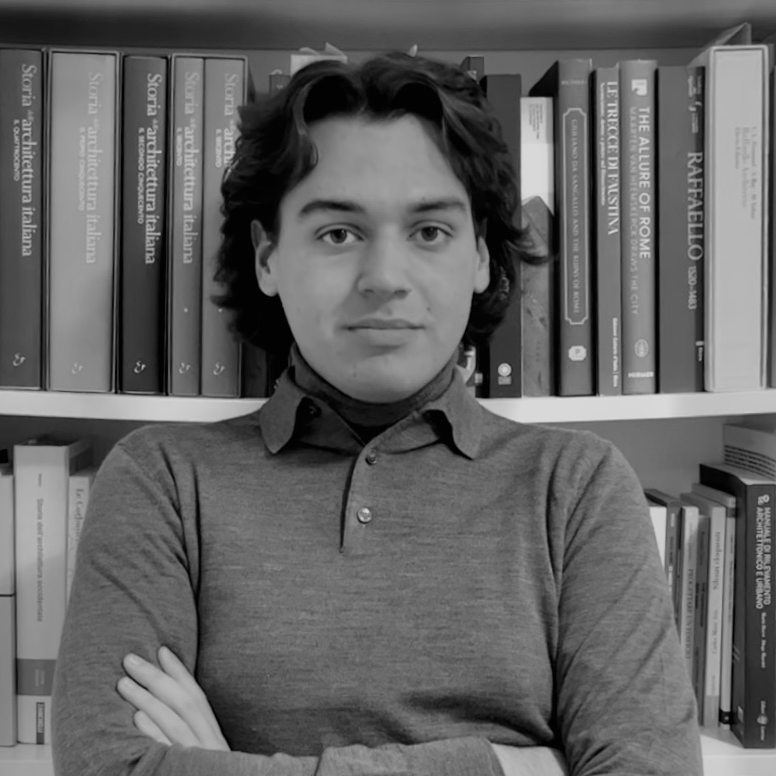
Andrea Arsie
Andrea Arsie obtained a Bachelor's degree in Architectural Design from the Politecnico di Milano in 2024 and is currently enrolled in the Master's degree program in Architecture-Restoration at Università degli studi Roma Tre. His academic studies focus on the history and theory of architecture in the early modern period.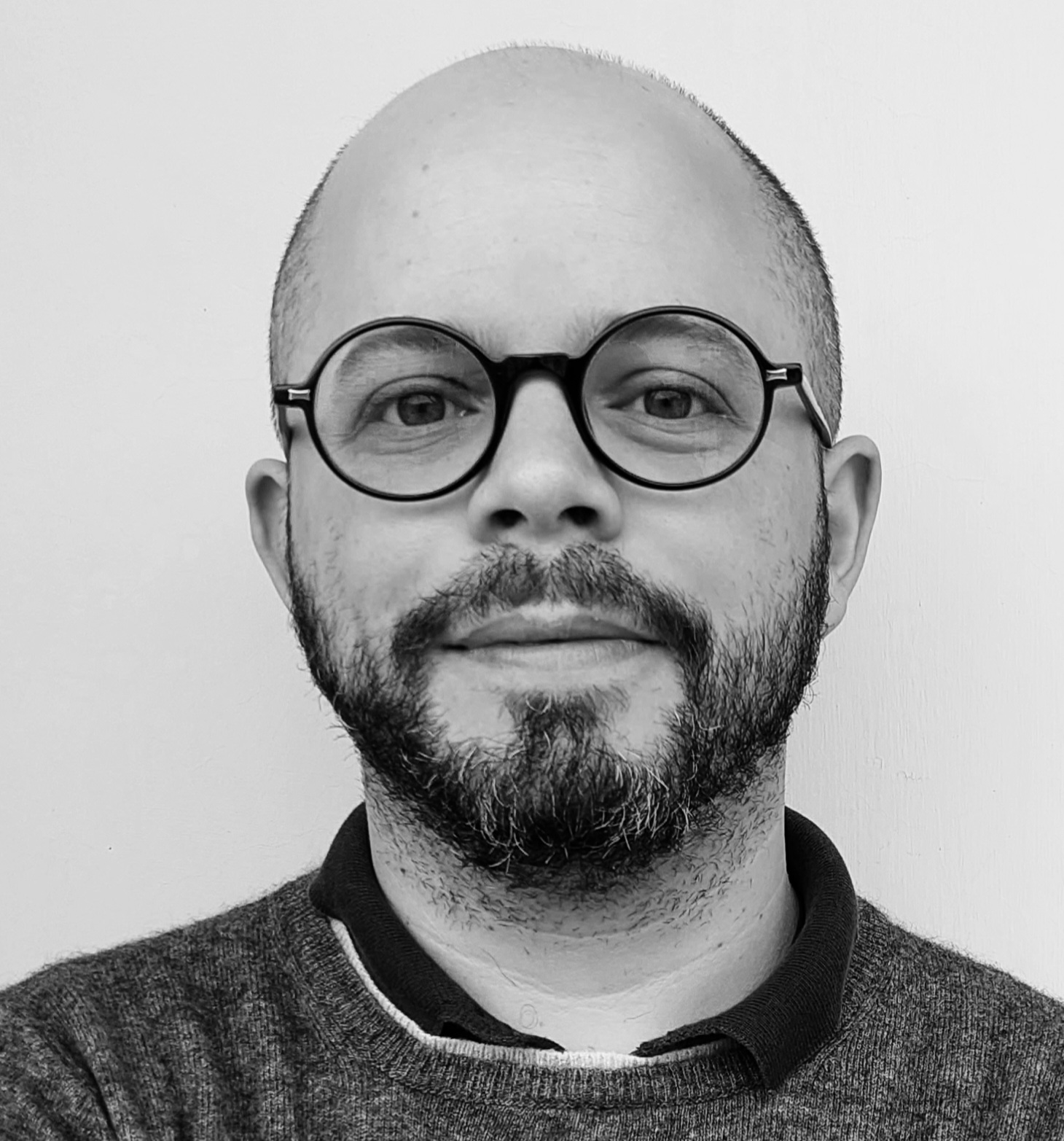
Gianluca Cabula
Gianluca Cabula is an archaeologist and a PhD student in Classical Antiquities and their legacy at the University of Rome Tor Vergata. His research interests focus on the tradition of the ancient, Roman collecting and the trade in antiquities, and the history of excavations of sites and monuments in Rome and Latium Vetus.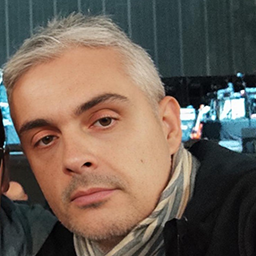
Francesco Masucci
Francesco Masucci is a full stack developer, who graduated in Computer Science from the University of Salerno. Over the years he has worked with different technologies (from computer programming, to digital production, to artificial intelligence) and has collaborated in the implementation of applications for a wide range of customers. He specialized in database and information system design and completed his skills in front-end and back-end web development. He participated in the research projects FuturePL (Proxima Informatica), Icone @ Home (Campus Bio-Medico University of Rome), vAssist (University of Campania "L. Vanvitelli").

